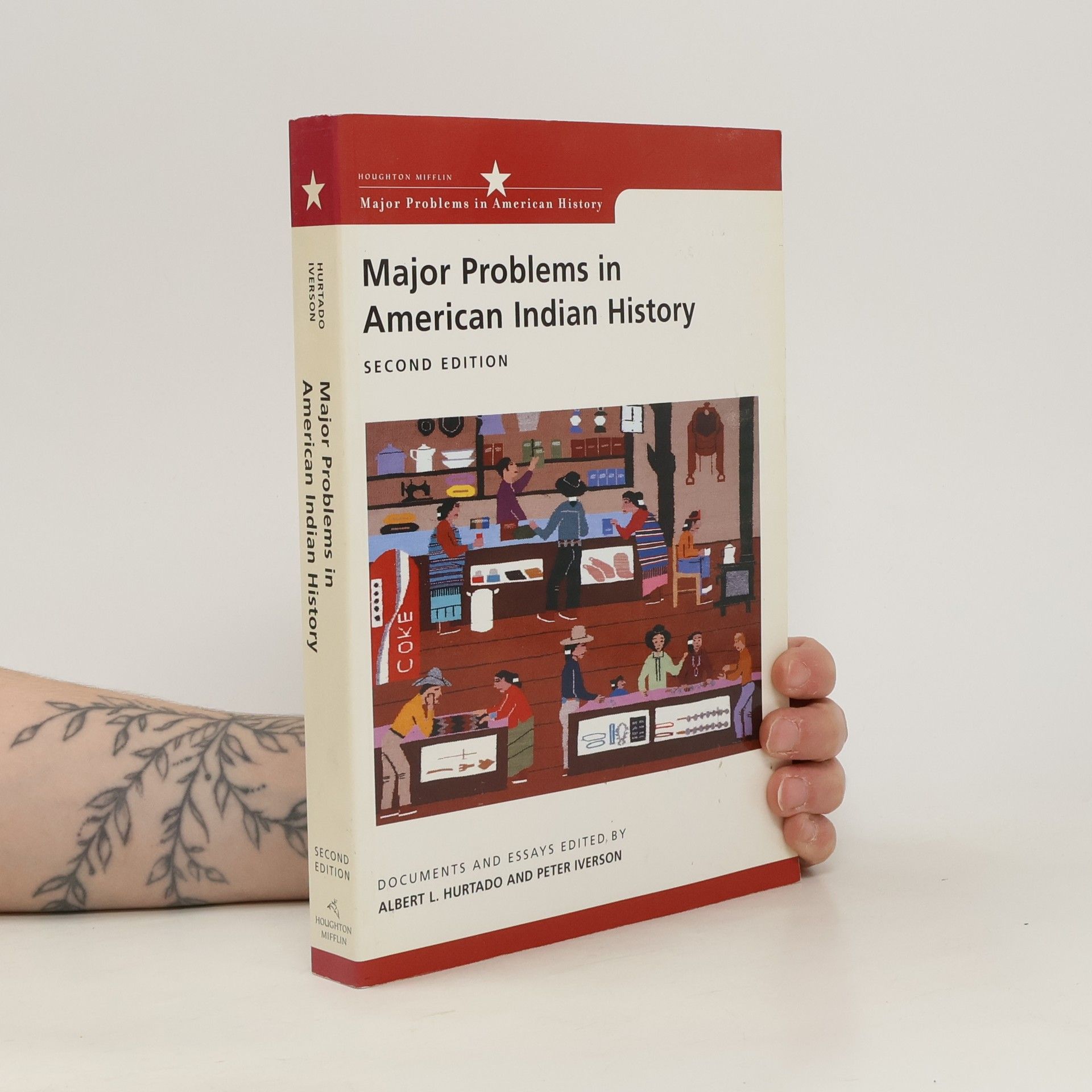When Indians Became Cowboys
Native Peoples and Cattle Ranching in the American West
- 290pages
- 11 heures de lecture
Focusing on Indian cattle ranching, the book highlights its economic viability and cultural significance. It illustrates how ranchers express generosity through sharing cattle and food, especially during celebrations. The narrative emphasizes the pride associated with expert riding skills and the ability to raise prime cattle, showcasing how Indian ranchers can thrive and compete within a predominantly non-Indian society.

